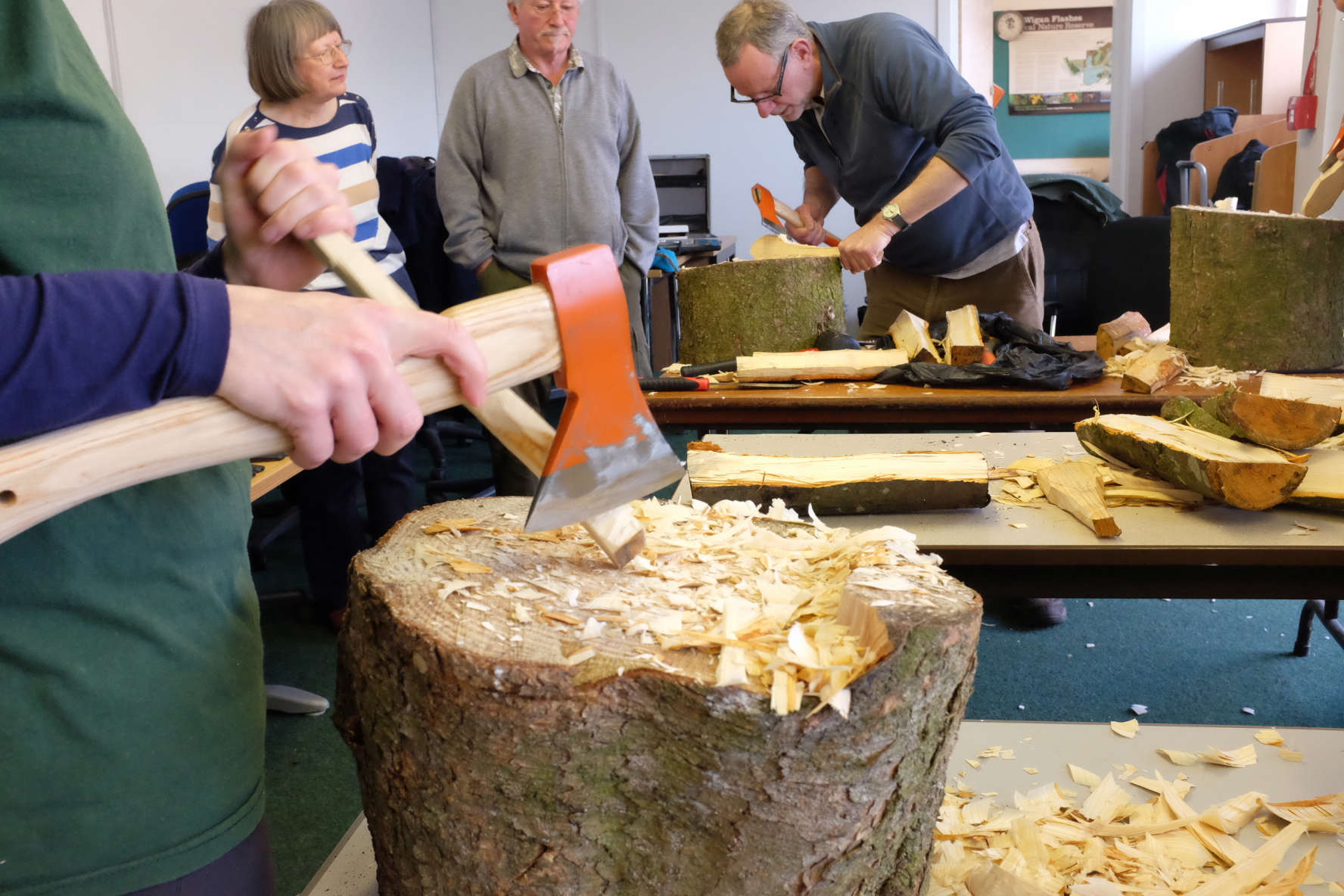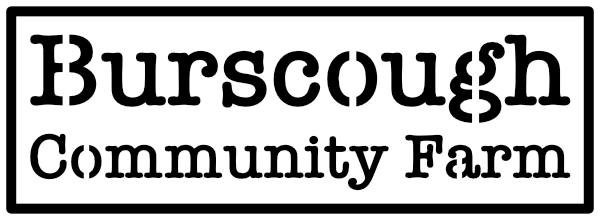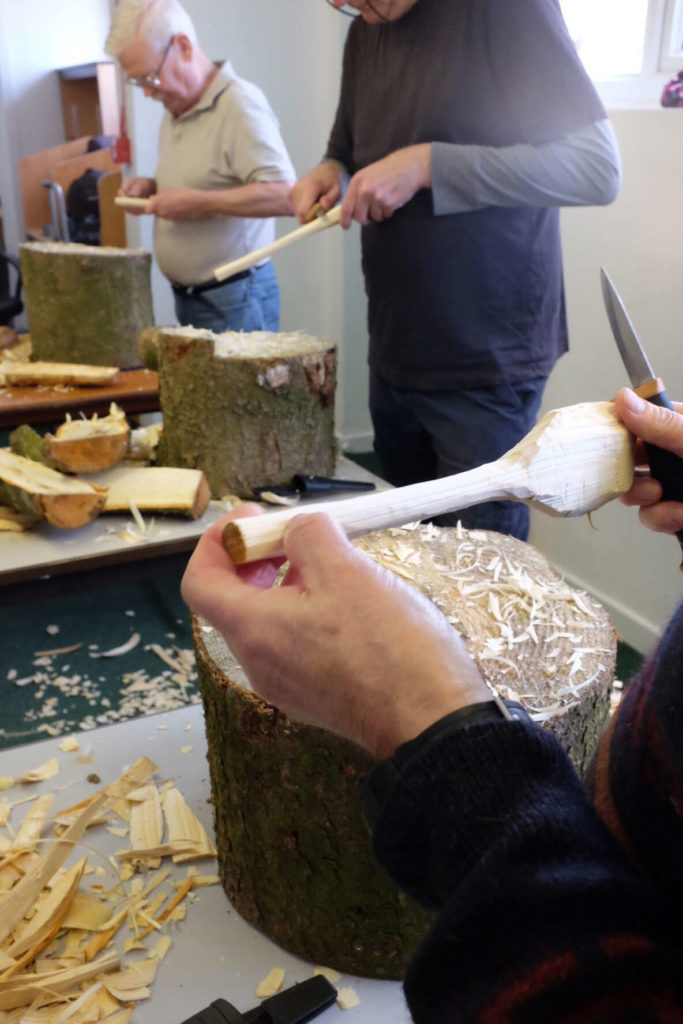
If you think about it, cutting a fresh branch from a tree and then fashioning it into something useful is one of the most basic and primitive acts of human existence. Picking up, making and using tools is one of the things that differentiates us from other species, it’s what makes us human.
Years ago I did a pole lathe course, and as we all sat down for lunch the instructor carved herself a small fork to eat with. I was impressed. It was made out of fresh green wood so no washing was needed, the eating utensil was instant and when it was finished with it was cast into the undergrowth to rot down into compost. Actually, her dog picked it up and started chewing it because it tasted of the bacon she had eaten with it.
That experience got me turned onto the idea of wooden cooking and eating utensils. The fact that you can create something from a green piece of tree branch that you can carry on using for years to come or dispose of instantly really appeals to me.
Since I started playing around with ‘treenware’ as it is officially called, I have made lots of spoons, spatulas and stirrers that are in daily use in our home. I have given them away and sold a few. Seeing them being used, stained with different foods and occasionally burned at the edges gives me a real sense of satisfaction. These are really useful practical items. And knowing that I can walk out into the woods and create another should I need it any time I want is another source of satisfaction.
If you want to get into any kind woodworking, spoon carving is a pretty good place to start. The tools are mostly quite basic and you learn how to work with the grain, knots and bends that are features of every tree. Wooden spoon carving is accessible, and it can be as utilitarian or arty as you want to make it.
From the most basic porridge stirrer or spatula, you can advance into highly elaborate spoons where form goes well beyond function. You can carve a spoon by learning basic cuts, knife grips, techniques and tool maintenance. From there you can advance onto bigger things; why not a door handle or even a chair?
If you want to have a go at spoon carving, I am running an introductory workshops on Saturday 2nd February or Thursday 28th February.
Neil Hickson

